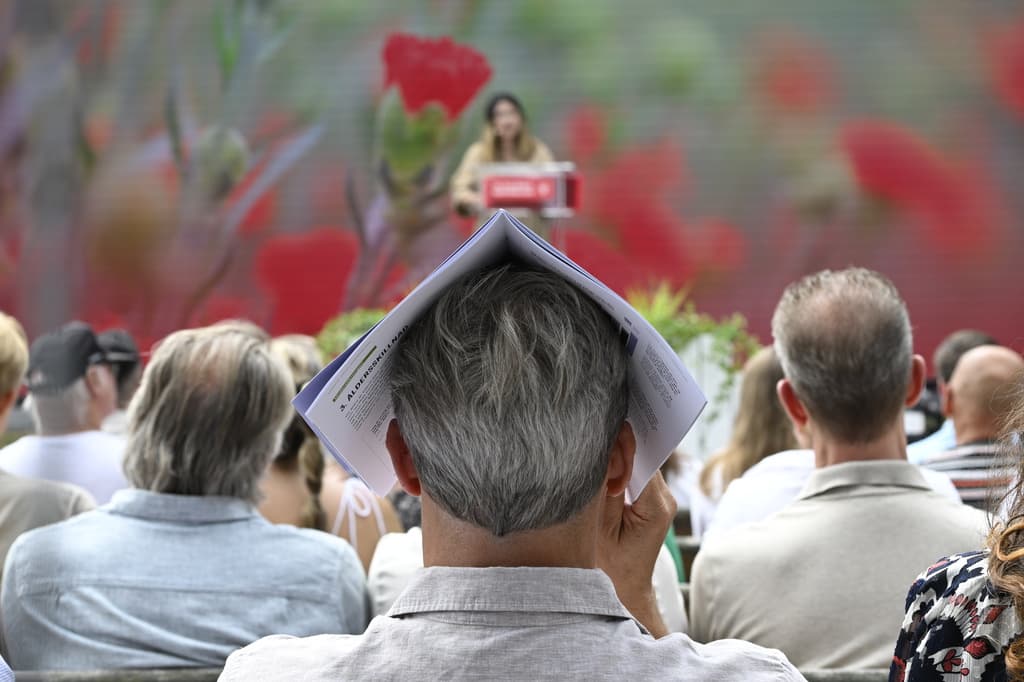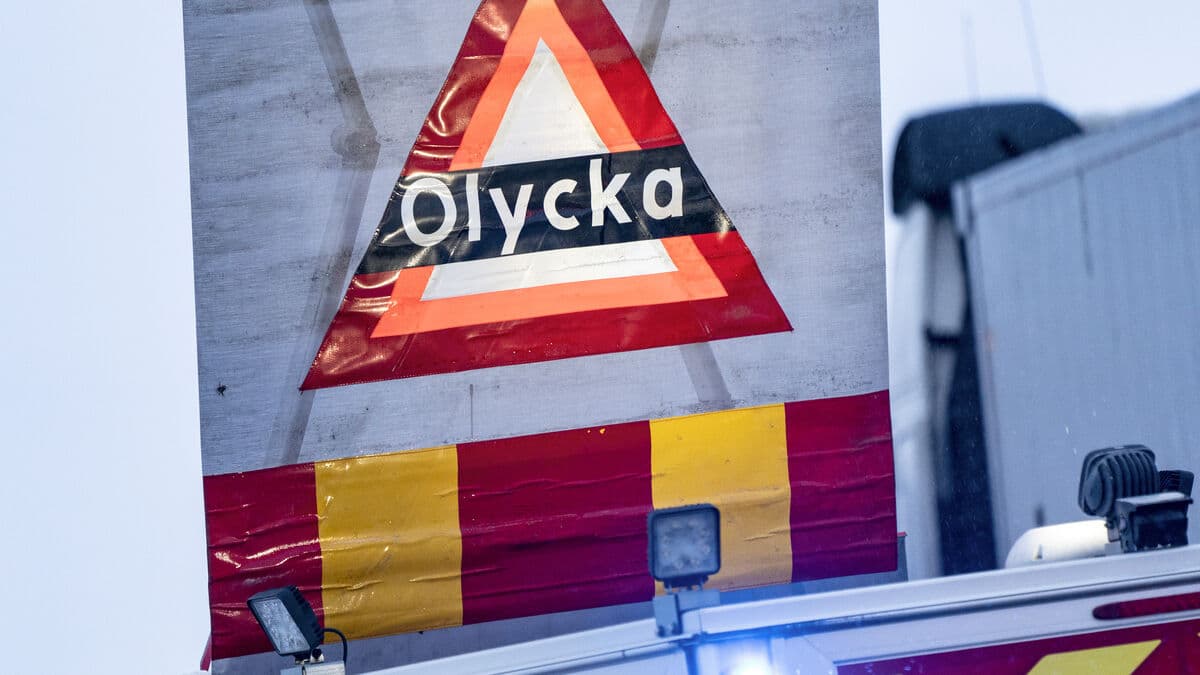Last year, Almedals Week changed its date, from week 27 to week 26. This has caused problems for some organisers, according to Meit Fohlin, chair of the Almedal Council and regional board.
One feels that one doesn't have time to get there and prepare.
The problem is that the event starts immediately after the Midsummer weekend, which gives less time for preparations.
In previous years, week 26 has been a preparation week, where one has time to arrive and set up the arenas. Now all the arenas are being built before the Midsummer weekend.
To be Evaluated
She cannot say whether the change has affected the number of actors participating. She notes that they have more arrangements this year compared to last year.
But what we've heard from some is that they don't have time to prepare the arrangements as they would like, so they choose to opt out instead.
The week will be evaluated to determine whether it would be relevant to change the date again. Almedals Week was brought forward due to the participating politicians.
Actually, it's the party leaders who have requested this. We want to be loyal to them regarding the speeches, but it's also a whole week that needs to function.
Democracy in Focus
This year's theme is democracy, with the sub-question of whether democracy is threatened or not. It's a question that's relevant worldwide, according to Fohlin.
Several wars are ongoing right now, and we've had an EU election where this question was discussed. It's also the first time we've had a terror threat level four during our week, so there are several reasons why we want to focus on this.
Almedals Week is needed to maintain democracy and democratic dialogue, according to Fohlin.
It's a forum where ordinary people get access to the same arenas as politicians, communicators, and others who want to influence, she says, and continues:
That's what this week is about. Democracy must not be taken for granted, and then one must continue to create this type of conversation and manifestation.
For the first time, Almedals Week is being held since the terror threat level in Sweden was raised to the second-highest level, so security is particularly prioritised.
The organisers are cooperating with the police and security guards, and the entire Almedal area will be under camera surveillance. Just like last year, there will be barriers with traffic restrictions and a ban on flying drones.
Courses in public safety have also been conducted with officials and event organisers.
The ban on bags that the police introduced last autumn for concerts and sports events, however, does not apply.
Almedals Week takes place during week 26. It begins on Monday evening, 24 June, with an opening ceremony. Then it continues for four full days, between Tuesday 25 June and Friday 28 June.
Around 30,000 people are expected to visit the week, including the party leaders of all the parliamentary parties (for The Green Party, spokesperson Daniel Helldén will participate).






